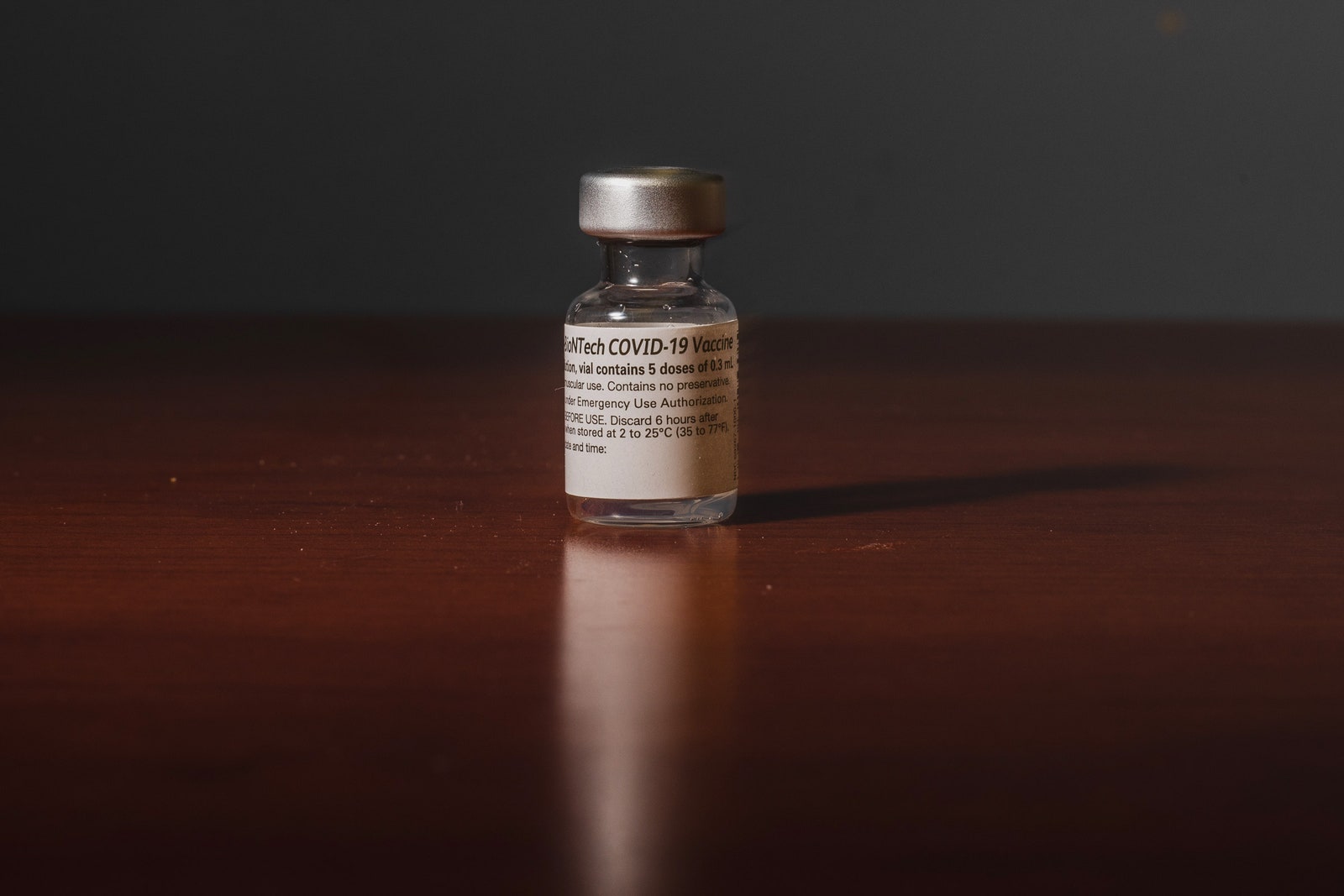A government-provided vaccination site, such as a community health center or public health department, may be a safer bet if you’re worried about surprise medical bills or don’t want to reveal your citizenship or immigration status. They tend to be free too. In our research for this article, we found that many of them say on their websites that they don’t ask for health insurance information, proof of insurance, or immigration status. Check with your local facilities to make sure.
Step 4: What to Bring to Get Vaccinated
Vaccines are typically covered by your health insurance, but it pays to check with your insurance provider and the office before you commit to an appointment. Surprise bills are a problem in this country. If your profession is what grants you eligibility, bring proof of employment, such as a work ID, letter of employment, or pay stub. If you’re eligible because of underlying health conditions, you may need proof of your medical condition, such as a letter from your doctor.
Private practices and retail locations, such as pharmacies, usually require you to bring an ID and health insurance card and may ask for the name of your primary care physician. Vaccination sites run by government services, such as at community health centers and public health departments, don’t typically ask for health insurance info, but you’ll likely need proof of state residency. Depending on your state, school records, samples of mail addressed to you, or a statement from another person may substitute for a government-issued ID. Check with the specific vaccination site you’ve decided upon.
Photograph: Micah Green/Bloomberg/Getty Images
Step 5: Getting Your Vaccine
In the United States, the three vaccines available to the public right now via emergency authorization by the FDA are from Moderna, Pfizer-BioNTech, and Johnson & Johnson Janssen. The mechanisms by which they work differ, and two of them require second doses at different times.
- Moderna: Requires two doses. The second shot should be given four weeks after the first (six weeks maximum).
- Pfizer-BioNTech: Requires two doses. The second shot should be given three weeks after the first (six weeks maximum).
- Johnson & Johnson Janssen: Requires one dose. There’s no need for a second shot.
In its clinical trial, the Johnson & Johnson vaccine had a lower overall efficacy than the Moderna and Pfizer-BioNTech, but all three are great at preventing severe cases of Covid-19 that would lead to hospitalization or death.



